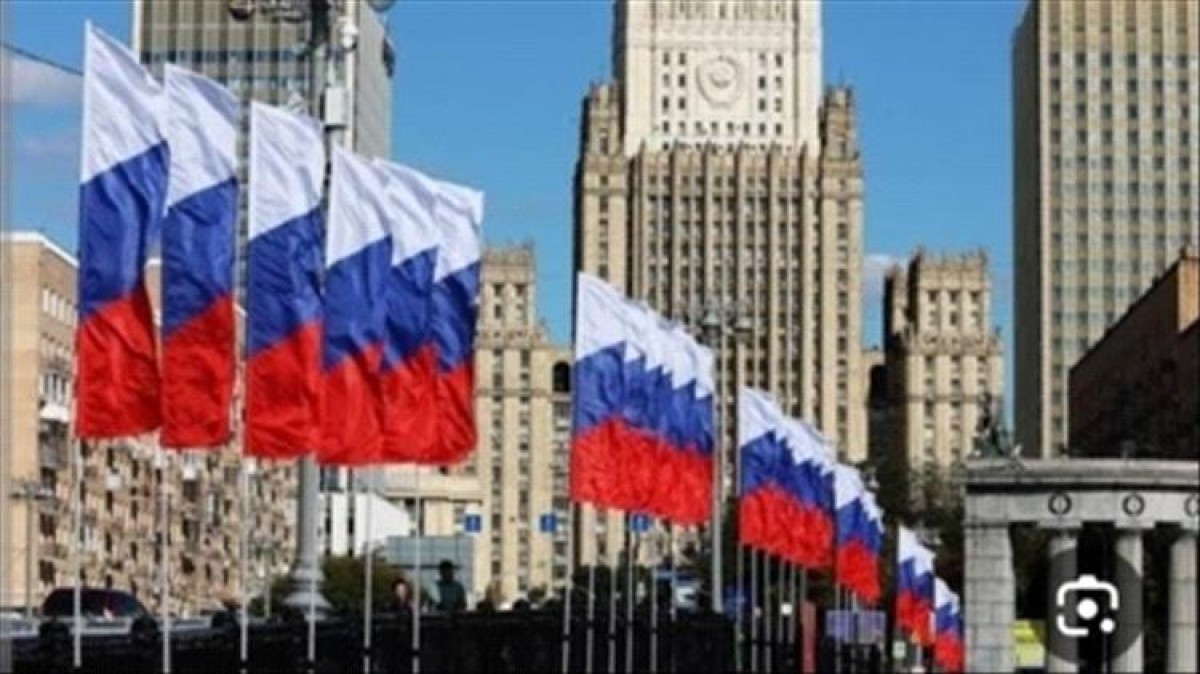Russia comments on the West's decision on Nazism at the United Nations


Grigori Lukyantsev, Director of the Department for Multilateral Cooperation in the Field of Human Rights at the Russian Foreign Ministry, commented on the vote against the resolution on Nazism as evidence of “the West’s words are different from what they do.”
According to Russia Today, the Russian official explained that Western countries and their followers, by voting against the Russian resolution on combating the glorification of Nazism, demonstrated the extent to which their words and actions varied regarding their alleged commitment to human rights.
He added that these countries have repeatedly stated that they are committed to their commitments to treaties related to human rights and combating racism, but this vote clearly shows the extent to which statements differ from actions, as he put it.
Several countries participated in sponsoring the resolution, including Armenia, Belarus, China, Mali, Serbia, and South Africa, with 116 countries voting in favor of the resolution, while 54 countries voted against it, including Ukraine, the United States, Britain, Germany, France, Canada, Hungary, and Japan, and 11 abstained. State of voting.
The Russian diplomat explained that the representatives of those countries say that they are committed to eliminating racism, racial discrimination, xenophobia, Nazism, and neo-Nazism, and then vote against condemning these manifestations.
Lukyantsev expressed his conviction that the number of supporters for the document will increase upon voting in the plenary session of the General Assembly, after its adoption today by the Third Committee of the General Assembly of the United Nations.
The document prepared by Russia consists of 74 paragraphs, which included a recommendation that countries take practical measures to combat the glorification of Nazism, especially in the legislative and educational fields, in accordance with their international obligations in the field of human rights, with the aim of preventing distortion of the history of World War II and its results.
The document also indicated the condemnation of events or activities that involve the glorification of Nazism or its propaganda, such as graffiti and drawings with pro-Nazi content, especially the use of these drawings and symbols on memorials to the victims of World War II
The resolution also separately referred to the prohibition of any official honoring of the Nazi regime and its allies.